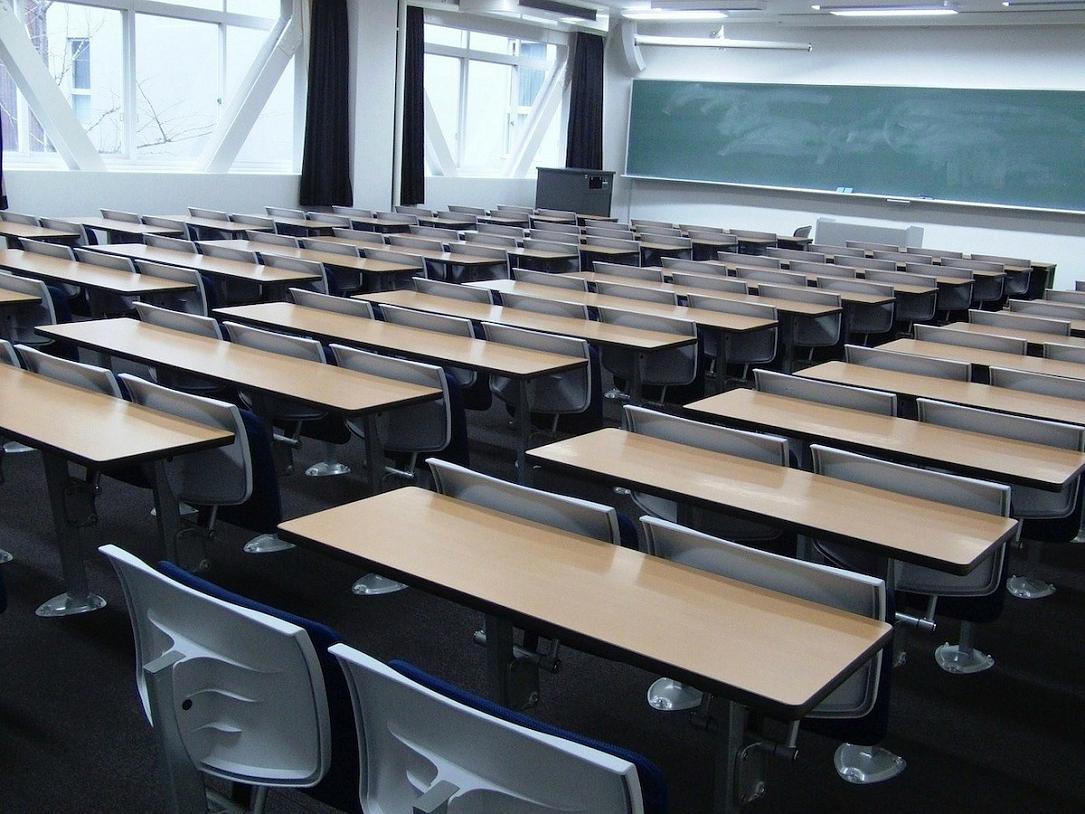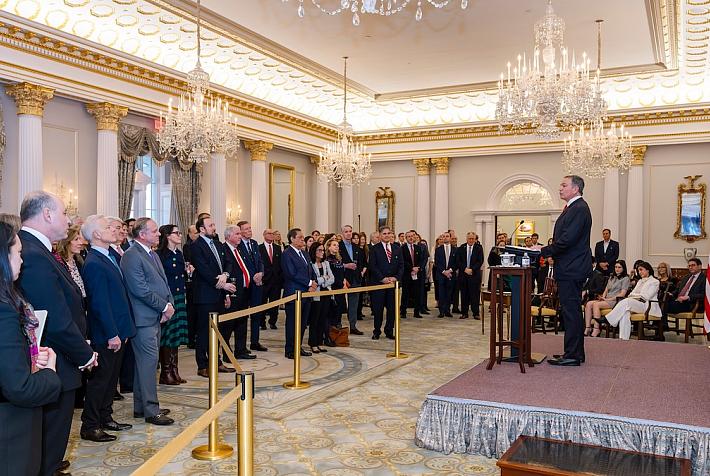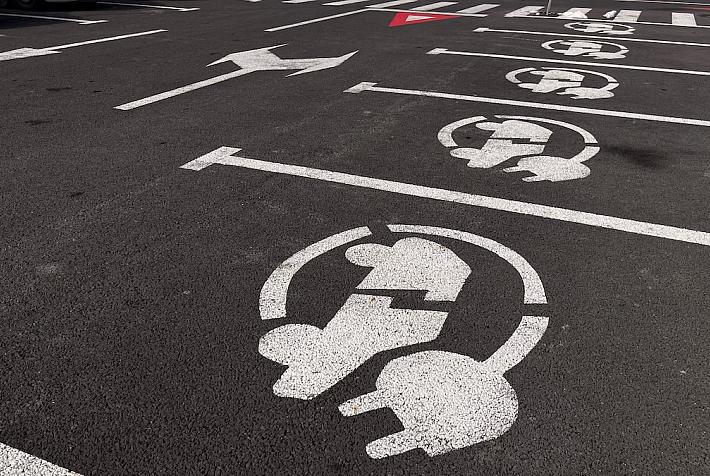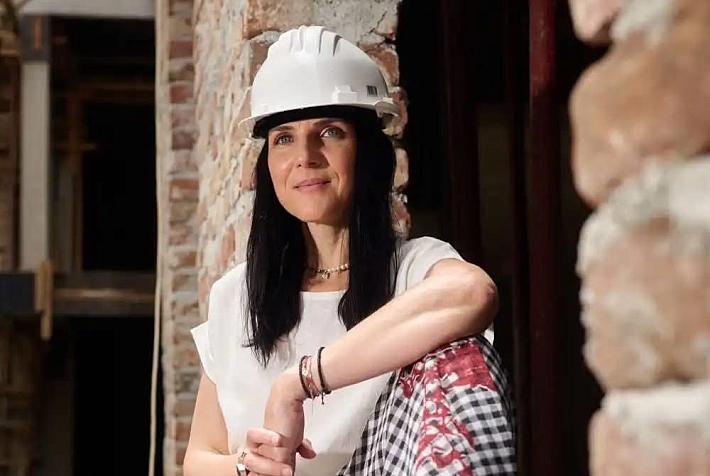Survey shows that 77% of Romanians think that sex education needs to be taught in school

More than three-quarters of Romanians believe that sex education should be taught in schools, as a subject in its own right, according to a survey commissioned by the Society for Contraceptive and Sex Education (SECS), as part of a project supported by the International Planned Parenthood Federation (IPPF).
The majority of respondents said the subject matter should be based on scientific facts, and cover health-related concepts such as protection against disease, reproduction, and abortion, as well as concepts relating to emotional and relational intelligence, sexual orientation, and gender identity.
Among the people who think sex education in schools is a necessity, there was a half & half split between those who believe it should be optional and those who think it should be compulsory, and more than two-thirds of respondents said that parental consent should be a prerequisite for a child to attend sex education classes.
More than half of respondents want the teaching to be done by specialists with a background in psychology and medicine.
For those who consider sex education a priority, the main reasons are information or awareness (39%) and avoiding unwanted pregnancies (23%). Other reasons given by respondents were a lack of communication on the subject in the family, decreasing the risk of contracting sexually transmitted diseases, decreasing the number of abortions, avoiding sexual abuse, reducing child abandonment, and children's access to technology.
"The main signal given by the research is that the family and children’s need for sex and relationship education are not in opposition in Romania, contrary to the discourse publicly promoted by some, and the Ministry of Education must act according to the real needs of society,” says Gabriel Brumariu, project manager at SECS.
The survey did however uncover that there is a fear among Romanians that sex education may encourage an earlier sexual debut. This is the main reason why some respondents opted for sex education being started at 14, even though specialist say that it should actually start at 9 or 10. In fact, among those who think that sex education should not be taught in school, the main reason for saying so is the belief that sex education is not suitable for younger children (20% of respondents).
SECS believes that a later approach leaves pre-teens and teenagers uncovered for a crucial few years in a world where the internet tends to replace genuine relationships and provides incorrect information and role models, and where peer pressure can expose them to major risks. According to them, international research shows that in countries where education about relationships and sexuality has been introduced in an age-appropriate and evidence-based way, young people started their sexual lives later, the number of sexual contacts and risky behaviors decreased, as did the risk of transmission of sexual diseases, and the number of unwanted pregnancies and abortions.
"The transition from health education to sex education can be done gradually. The two calculated average ages (for starting health education and starting sex education) are understood more as a continuum between the two types of education. Thus, one can start from the age of 8-9 with health education and gradually introduce topics related to health and hygiene of the sexual organs as one gets older, with the aim of being able to openly discuss sexuality (sexual relations, contraception, sexually transmitted diseases, etc.) by the age of 14," says Gabriel Brumariu.
From a psycho-emotional perspective, psychotherapist Diana Lupu points out that both children and adolescents need age-appropriate support to become well-balanced adults: "The journey through pre-adolescence and adolescence is not an easy one, for the whole family system. Not only physiologically, but also relationally and psychologically there are many changes. So young people need adult support to understand, integrate and explore all these changes in a healthy and informed way.”
The research was carried out between February and March 2022, in two phases: a qualitative focus group study, followed by a quantitative study, applied to a nationally representative sample of 802 respondents. Questionnaires were completed over the phone.
The data collected through the survey was presented to the public on July 12 at the French Institute in Bucharest.
The full report is available here.
(Photo source: Pixabay.com)













